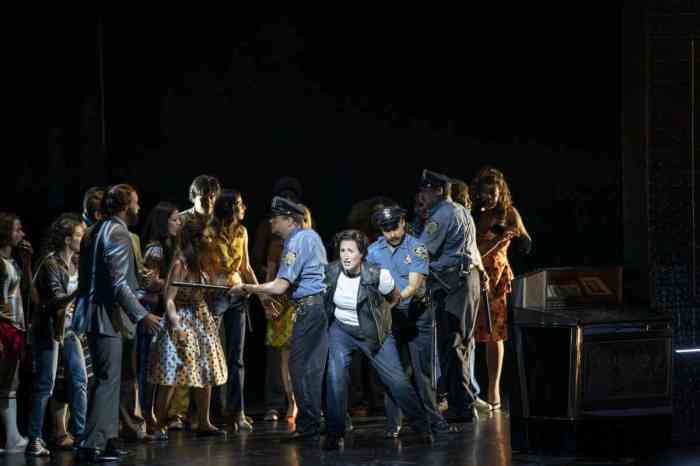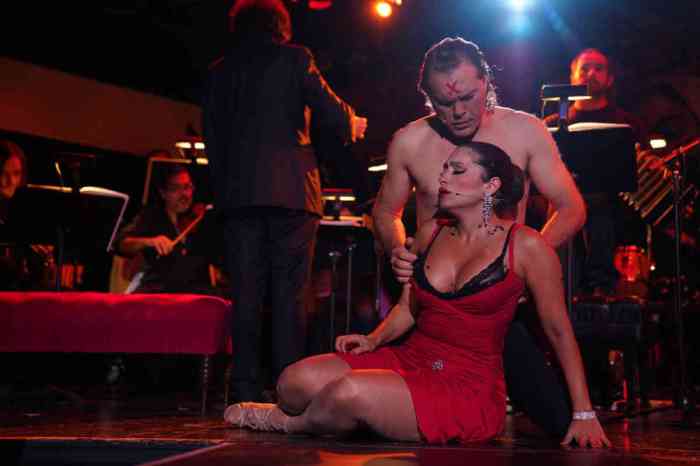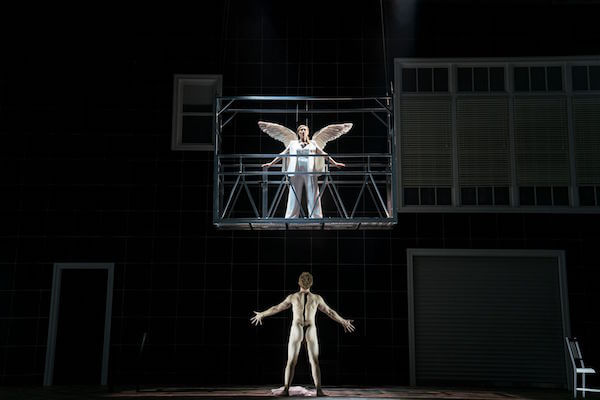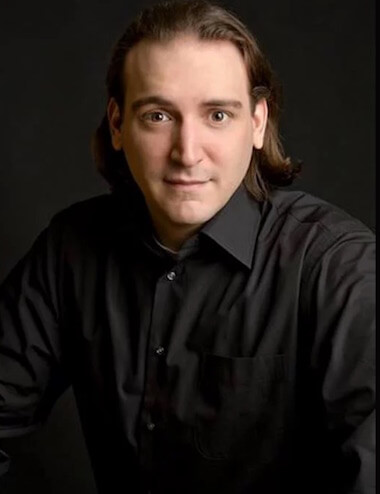The demise of the New York City Opera left a huge vacuum in the city’s musical life. Gotham Chamber Opera seemed the heir apparent ready to fill in the gap. Sadly, last month the new Gotham Chamber Opera management team discovered a large “undisclosed” deficit and shut down the company before its 2015-2016 season could begin.
Meanwhile, small opera companies are sprouting up overnight. In Brooklyn, LoftOpera and Bare Opera are attracting a funky, hip younger crowd with their sophisticated, casual chic presentations. The New York City Opera Renaissance’s plans include five performances of “Tosca” (the opera that inaugurated the original company in 1944) staged at the Rose Theater at Jazz at Lincoln Center in January 2016. Nothing seems terribly settled, however — the legal rights to the NYCO’s name and assets are still at issue in the bankruptcy court. The Renaissance’s administrative team consists of two former members of the last NYCO board, which scuttled the company, as well as Michael Capasso, the former director of the defunct Dicapo Opera Theater who has a spotty artistic and financial record of his own. New American operas by living composers were something of a sub-specialty of the New York City Opera. This fall I saw two done by small independent companies.
Chelsea Opera has been producing opera for 12 years now at St. Peter’s Church on West 20th Street. In 2010, the company premiered Tom Cipullo’s opera “Glory Denied,” the story of Colonel Floyd J. Thompson, America’s longest serving prisoner of war. It returned to Chelsea Opera for two performances this month. The libretto, adapted by the composer from the book by Tom Philpott, presents in a fragmentary fashion the nine years of captivity in Vietnam that Thompson endured and the radically changed America and marriage he returned to.
Years into the crises for major players, upstarts bring us new operas
Two sets of singers play Thompson and his wife Alyce — the young newlyweds who went into marriage and war full of belief in the themselves and the older disillusioned survivors who return to face the Watergate era and the sexual revolution as damaged goods. The first act showed the Older Thompson (the fine baritone Peter Kendall Clark) remembering the past and stepping into it to enact various roles while the Younger Thompson (tenor Brandon Snook) fights brainwashing and torture. Alyce was split between Kate Oberjat as the platinum blonde, Sandra Dee-wannabe and the plainer brown-haired Martha Guth as her older counterpart who lived with another man and lobbied to have her husband declared dead.
The first act had a driven, hard-edged musical drive that did not let up. The harsh chords, loud dynamics, and angular vocal lines persisted even in the vignettes where the Younger Alyce sings her letters from home — music that could have been (and should have been) a lyrical contrast to the scenes in the Vietnamese prison camp. The text was hard to decipher, and the tension never relaxed. Act II was dominated by two-hander scenes exploring the unraveling marriage of Floyd and Alyce. These were more engaging, lyrically flowing, and textually comprehensible. Clark, in particular, seized the greater vocal opportunities.
Carmine Aufiero led the 10-piece orchestra with fierce conviction and dramatic flair. The production by co-producer/ director Lynne Hayden-Findlay exemplified the art of creating a great deal out of very little.
On October 9 and 10 at the Teatro at El Museo del Barrio, the Process Studio Theatre premiered an operatic adaptation of Tom Wolfe’s Reagan-era zeitgeist bestseller “The Bonfire of the Vanities,” with music by Stefania de Kenessey and libretto and stage direction by Michael Bergmann. Whatever reservations I have about the piece are overwhelmed by wonderment and respect for the fact that it actually got created and performed at all. Here was an opera by a younger female composer adapted from a major novel containing many characters and scenes that would require a large cast and scenic requirements produced without the sponsorship of a major opera company.
The reservations: the story was uneasily updated to the present. We got a prologue with wealthy moms checking in with their babies using FaceTime on their iPhones. Yet in the pivotal attempted carjacking scene in the Bronx that precipitates the fateful hit and run incident, Sherman McCoy and his mistress Maria Ruskin have no cell phones to call the police or get roadside assistance. A lot of scenes and characters are sketched in quickly by practically reciting plot exposition right to the audience.
De Kenessey’s score is in a tunefully accessible musical theater/ cabaret style. The musical line is led by vocal melody, a lost art in modern operatic composition. Her harmonic palette and chord progressions are very limited and by Act II were starting to repeat themselves. Stephen Sondheim is practically Alban Berg by comparison.
Daniela Candillari led an 18-piece orchestra with aplomb. Expert use of projections and movable stage furniture took us instantly from Upper West Side penthouses to the mean streets of the Bronx.
The cast was enthusiastic, accomplished, and talented, with a mix of experienced professional singers and fresh new talent. Baritone Randal Turner fully plumbed Sherman McCoy’s moral journey from shallow materialist to wronged society outcast. As his betrayed wife Judy, soprano Anne-Carolyn Bird’s finely focused acting and singing captured the moral strength and backbone beneath the self-absorbed society matron. As McCoy’s defense attorney Tamara Kilmore, who values justice over race politics, Adrienne Danrich was a tower of strength with a rich voice that ranged from mezzo to spinto soprano. Young Aaron J. Casey as the forgotten victim Henry Lamb revealed the scared kid beneath the street tough.
Whatever the shortcomings, this event provided hope for the future — ambitious new operas can be done independently with few compromises.



































